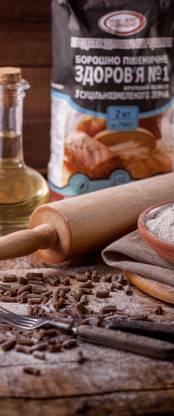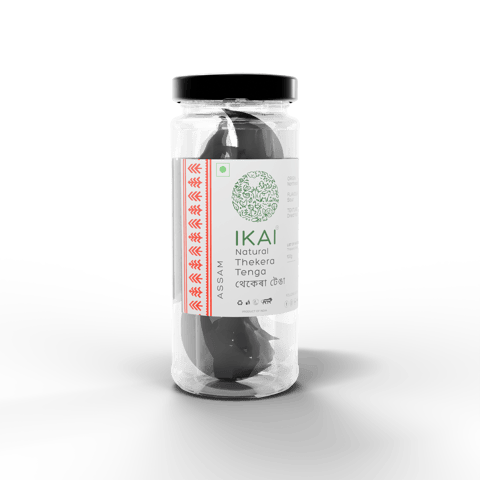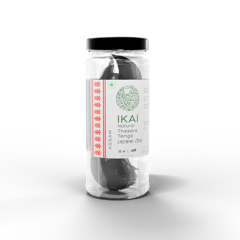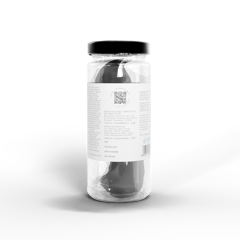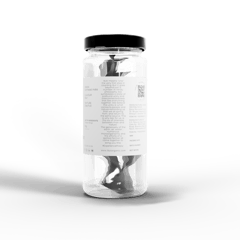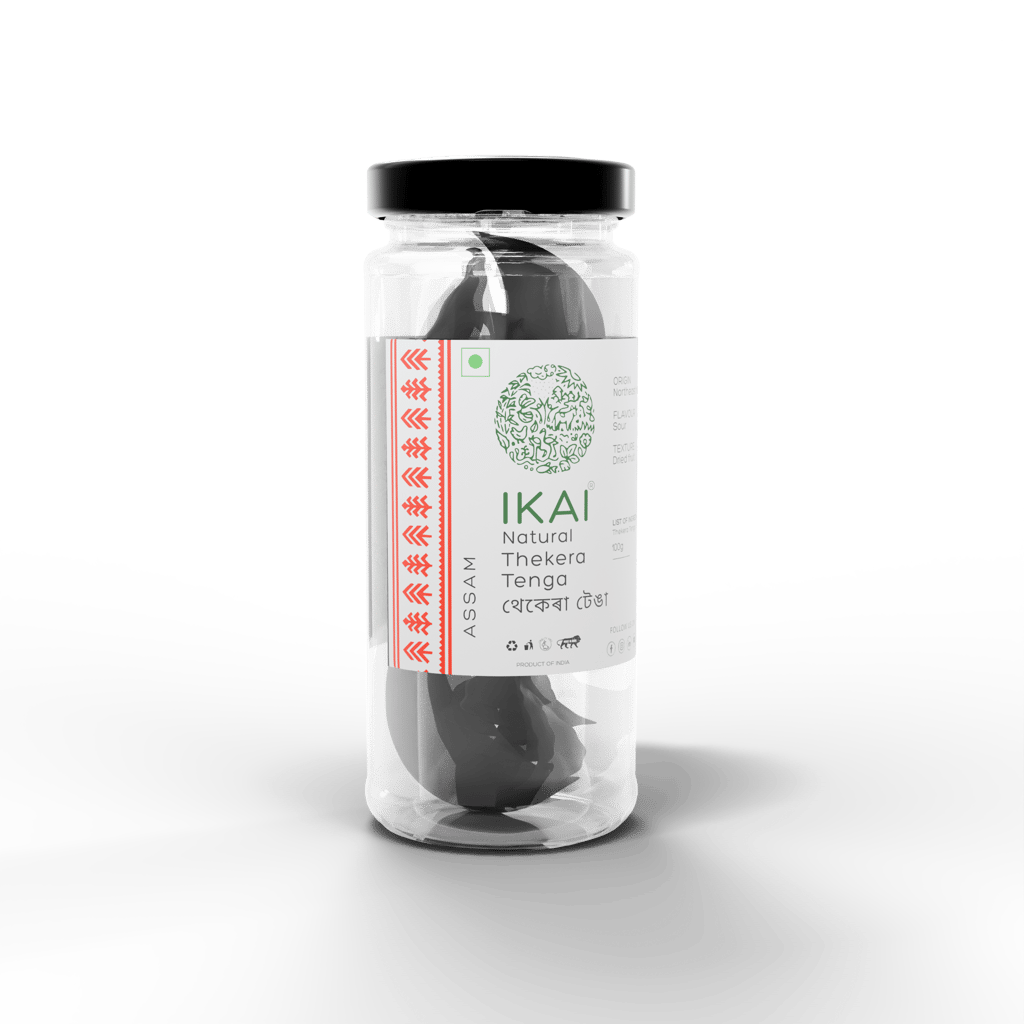Thekera Tenga: A Tangy Treasure from the East
This Natural Thekera Tenga is one of the most potent natural antioxidants in the world. What kokum is to India’s western coast, tenga is to the vibrant cuisines of the east. Native to Assam and Meghalaya, this delightfully sour fruit belongs to the same family as the purple mangosteen, and adds a refreshing twist to any dish.
Why Eat It?
Traditionally valued for its medicinal properties, Thekera Tenga is:
Mildly anti-allergenic
Aids in cardiovascular health
Acts as a cooling agent for digestive issues like gas, bloating, and dysentery
Packed with antioxidants
Supports metabolic regulation
In short: it’s small, sour, and powerfully good for you—proof that all good things come in small packages.
Cooking Tips
You don’t need to rehydrate the fruit before cooking—it can be used whole. In Assamese cuisine, the soaked pulp (often strained) is used to flavor fish and lentil dishes. The soaking water itself makes a delicious, naturally cooling summer drink.
Get creative—add it to chutneys, broths, or even salad dressings for a tangy surprise.
SP0030- Home
- Top Values
- 100% Natural
- Natural Thekra Tenga |Regional Speciality-Assam |Exotic Spice |Sour |100g
Natural Thekra Tenga |Regional Speciality-Assam |Exotic Spice |Sour |100g
- Sourced from tribals of Assam, it is a sour fruit
- Thekra tenga fruits are handpicked and carefully sundried by the tribals to retain its natural goodness.
- What is the name of Thekra Tenga in english? There isn’t one since its a hyper local fruit. Its botanical name is Garcinia pedunculata.
- In traditional cooking it is used to add a sharp tart taste to the dals, curries and also makes a cooling summer drink. For more recipes see www.ikaiorganic.com
- Thekra Tenga benefits include digestive and cardiovascular wellness. It helps boost immunity, regulates metabolism and is great for digestion.
- Our range of natural products have been expertly sourced from farmers that don’t use pesticides and chemicals and hygienically packed to give you great taste and nutrition.
The product is at its best price.
- Easy Returns
- 100% Authentic Products
- Secure Payments
Thekera Tenga: A Tangy Treasure from the East
This Natural Thekera Tenga is one of the most potent natural antioxidants in the world. What kokum is to India’s western coast, tenga is to the vibrant cuisines of the east. Native to Assam and Meghalaya, this delightfully sour fruit belongs to the same family as the purple mangosteen, and adds a refreshing twist to any dish.
Why Eat It?
Traditionally valued for its medicinal properties, Thekera Tenga is:
Mildly anti-allergenic
Aids in cardiovascular health
Acts as a cooling agent for digestive issues like gas, bloating, and dysentery
Packed with antioxidants
Supports metabolic regulation
In short: it’s small, sour, and powerfully good for you—proof that all good things come in small packages.
Cooking Tips
You don’t need to rehydrate the fruit before cooking—it can be used whole. In Assamese cuisine, the soaked pulp (often strained) is used to flavor fish and lentil dishes. The soaking water itself makes a delicious, naturally cooling summer drink.
Get creative—add it to chutneys, broths, or even salad dressings for a tangy surprise.
Thekera Tenga: A Tangy Treasure from the East
This Natural Thekera Tenga is one of the most potent natural antioxidants in the world. What kokum is to India’s western coast, tenga is to the vibrant cuisines of the east. Native to Assam and Meghalaya, this delightfully sour fruit belongs to the same family as the purple mangosteen, and adds a refreshing twist to any dish.
Why Eat It?
Traditionally valued for its medicinal properties, Thekera Tenga is:
Mildly anti-allergenic
Aids in cardiovascular health
Acts as a cooling agent for digestive issues like gas, bloating, and dysentery
Packed with antioxidants
Supports metabolic regulation
In short: it’s small, sour, and powerfully good for you—proof that all good things come in small packages.
Cooking Tips
You don’t need to rehydrate the fruit before cooking—it can be used whole. In Assamese cuisine, the soaked pulp (often strained) is used to flavor fish and lentil dishes. The soaking water itself makes a delicious, naturally cooling summer drink.
Get creative—add it to chutneys, broths, or even salad dressings for a tangy surprise.
Thekera Tenga: A Tangy Treasure from the East
This Natural Thekera Tenga is one of the most potent natural antioxidants in the world. What kokum is to India’s western coast, tenga is to the vibrant cuisines of the east. Native to Assam and Meghalaya, this delightfully sour fruit belongs to the same family as the purple mangosteen, and adds a refreshing twist to any dish.
Why Eat It?
Traditionally valued for its medicinal properties, Thekera Tenga is:
Mildly anti-allergenic
Aids in cardiovascular health
Acts as a cooling agent for digestive issues like gas, bloating, and dysentery
Packed with antioxidants
Supports metabolic regulation
In short: it’s small, sour, and powerfully good for you—proof that all good things come in small packages.
Cooking Tips
You don’t need to rehydrate the fruit before cooking—it can be used whole. In Assamese cuisine, the soaked pulp (often strained) is used to flavor fish and lentil dishes. The soaking water itself makes a delicious, naturally cooling summer drink.
Get creative—add it to chutneys, broths, or even salad dressings for a tangy surprise.
| VARIANT | SELLER | PRICE | QUANTITY |
|---|
Product Enquiry Form
Leave us a message for futher information.
SUBSCRIBE TO OUR NEWSLETTER
Thanks, You have now been subscribed to our newsletter.
Your response has been recorded.
Get news and offers delivered straight to your inbox. We promise to never spam.
- Facing Issues? Call us Mon-Fri between 11 AM - 7 PM
- +919830476761
www.onahealthynote.com
